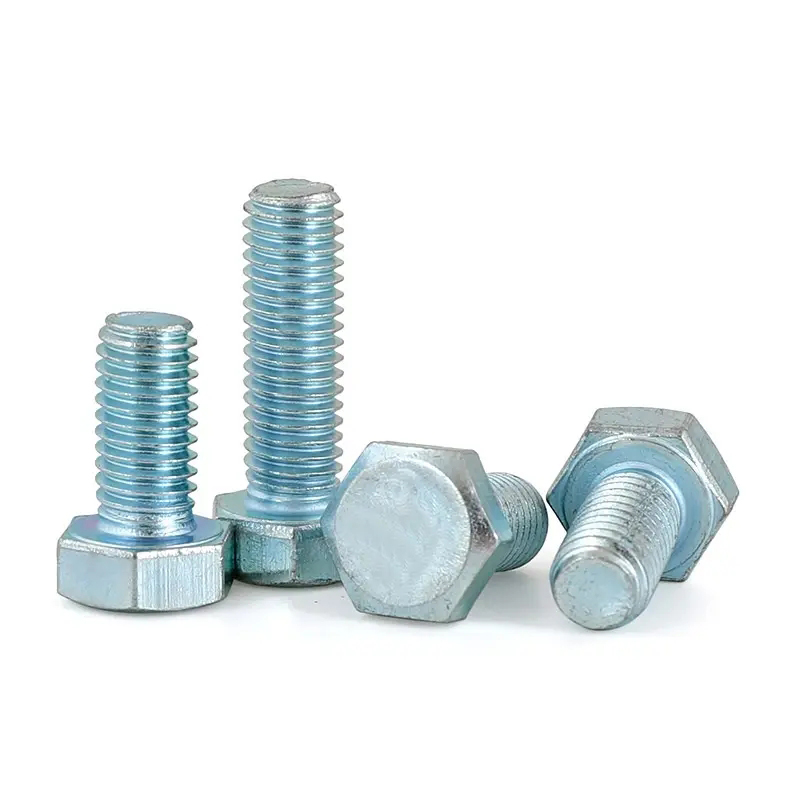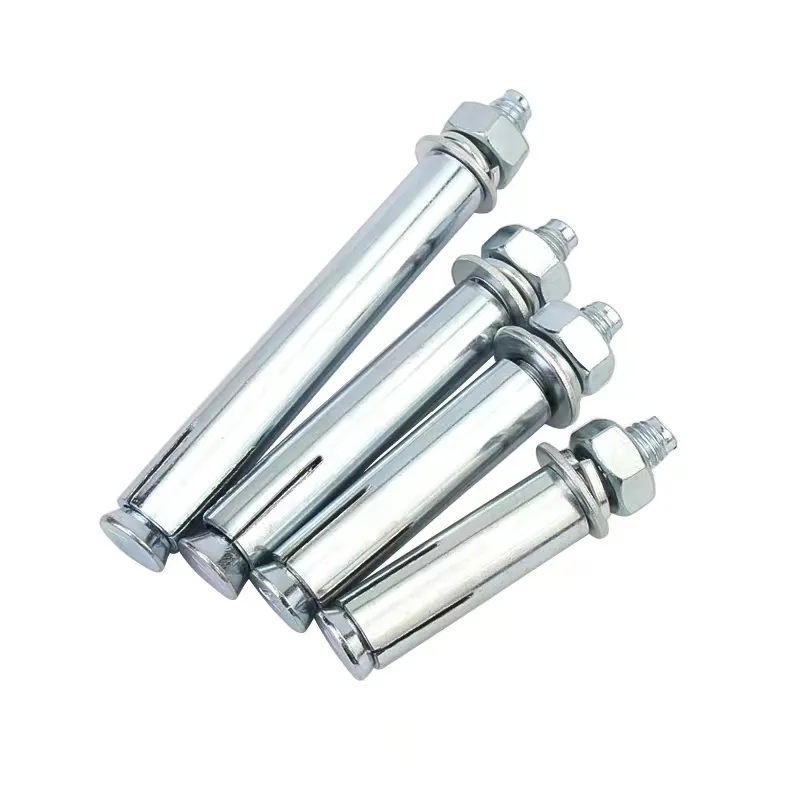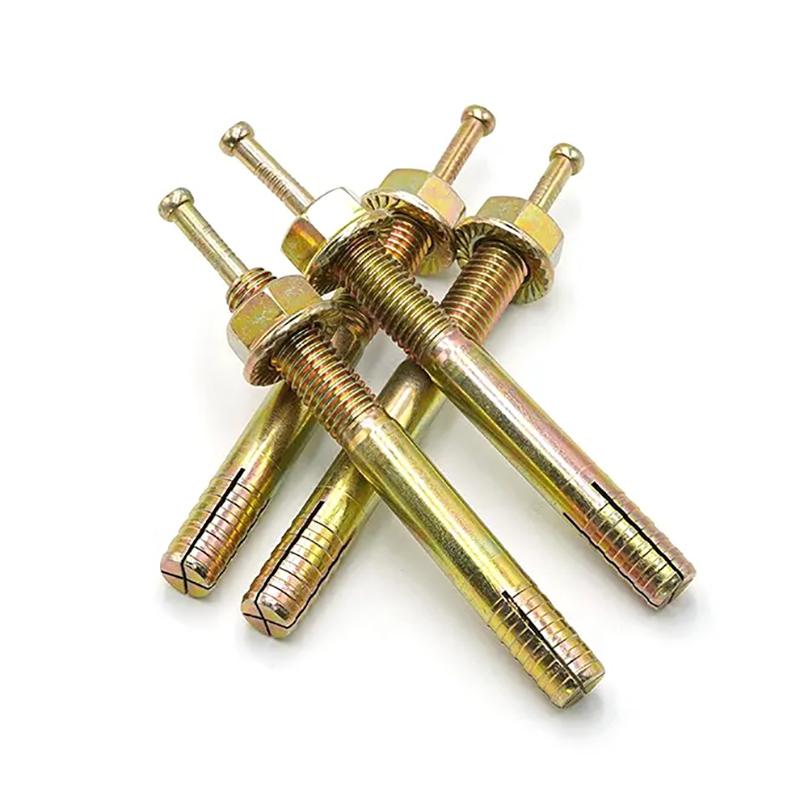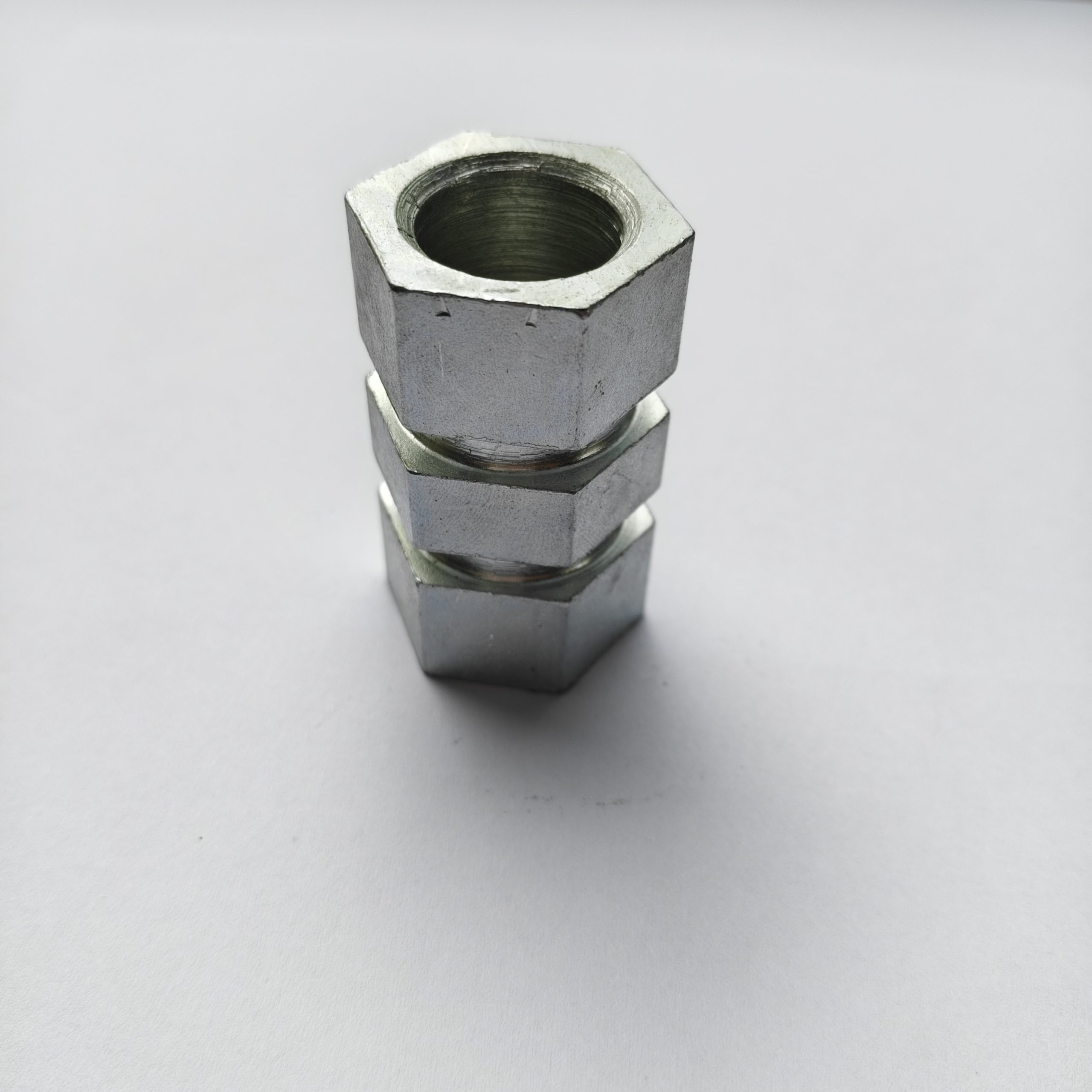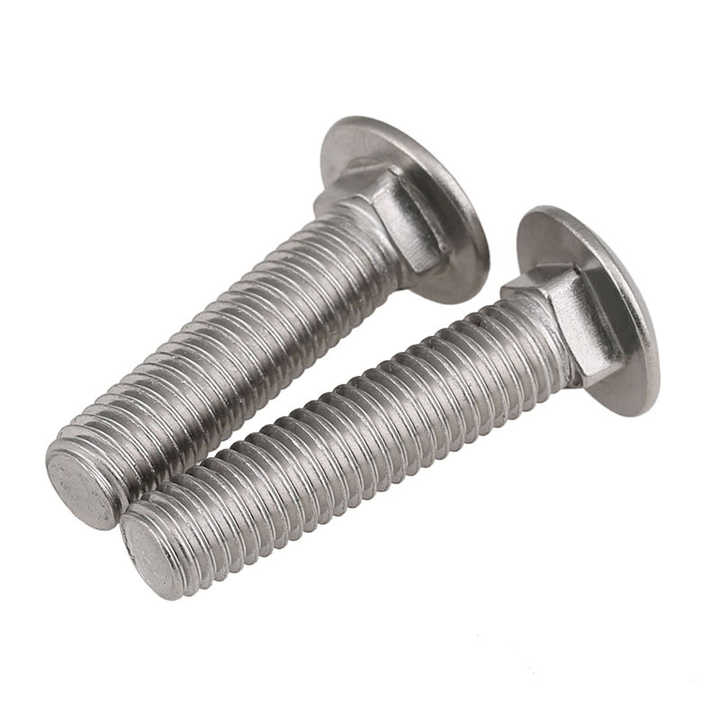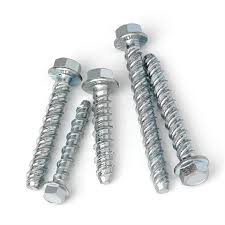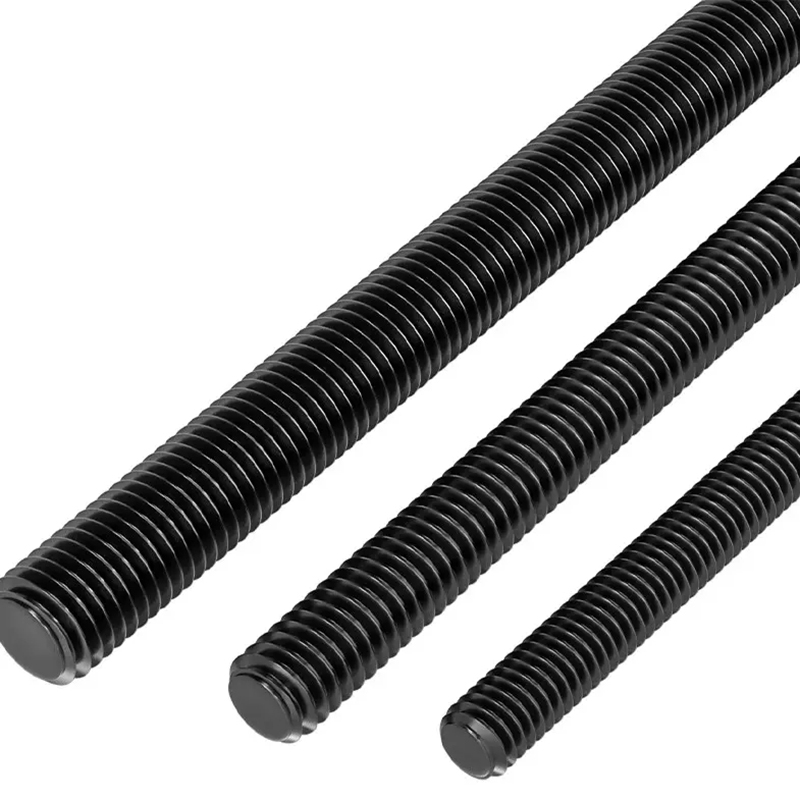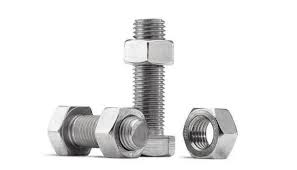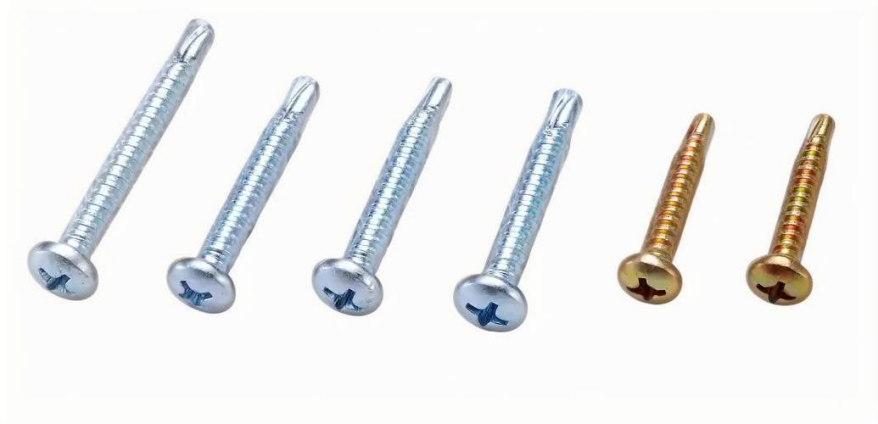

This guide provides a comprehensive overview of stainless steel bolts, covering various grades, applications, and considerations for selecting the right fasteners for your project. We'll explore different types of stainless steel bolts, their properties, and how to ensure you choose the most suitable option for optimal performance and longevity. Learn about factors like corrosion resistance, strength, and environmental considerations to make informed decisions.
Stainless steel bolts are available in various grades, each possessing unique properties. The most common grades include 304, 316, and 410. Grade 304 offers excellent corrosion resistance and is widely used in general applications. Grade 316 provides superior resistance to chloride corrosion, making it ideal for marine environments. Grade 410 is a martensitic stainless steel offering high strength but lower corrosion resistance than 304 and 316. Choosing the correct grade depends entirely on the intended application and the environmental conditions. For more detailed information on specific grades, consult material datasheets from reputable suppliers like Hebei Dewell Metal Products Co., LTD.
The selection of the appropriate stainless steel bolt grade is crucial for ensuring the longevity and performance of your project. Consider factors such as exposure to moisture, chemicals, and temperature variations. For instance, if your project involves outdoor applications, such as construction or marine projects, a higher grade like 316, known for its superior corrosion resistance, would be a better choice than 304. For indoor applications with less demanding environmental conditions, Grade 304 may suffice. Always refer to the manufacturer's specifications for detailed information regarding each grade's capabilities.
Stainless steel bolts come in a variety of head styles, including hex head, button head, countersunk head, and flanged head. The choice of head style often depends on the application and accessibility requirements. Thread types also vary, including coarse and fine threads. Coarse threads offer greater strength and are suitable for applications where vibrations are present. Fine threads provide a tighter fit and are ideal where higher precision is needed. Choosing the correct head style and thread type is essential for ensuring a secure and reliable fastening.
One of the primary advantages of stainless steel bolts is their inherent corrosion resistance. However, the level of corrosion resistance varies across different grades. For applications with high exposure to corrosive elements, selecting a higher grade with superior corrosion resistance is essential. Factors like the specific chemicals present and the environmental conditions need careful consideration.
The strength and load capacity of stainless steel bolts are critical for ensuring the structural integrity of the assembly. The grade of the stainless steel significantly influences its strength. Higher-grade stainless steel offers increased strength and load-bearing capacity. Always verify the bolt's tensile strength and yield strength to ensure it meets the requirements of your application.
The environmental impact of materials is increasingly important. While stainless steel is inherently durable and recyclable, it's still essential to choose the grade that minimizes the environmental footprint. Selecting a grade that requires less energy to produce can contribute to more sustainable practices. Understanding the lifecycle assessment of different grades can inform better material selections.
Selecting the appropriate stainless steel bolts requires careful consideration of several factors, including grade, head style, thread type, corrosion resistance, strength, and environmental impact. By understanding these factors and referring to manufacturer's specifications, you can ensure that your project utilizes the most suitable stainless steel bolts for optimal performance and longevity. Remember to always consult with a qualified engineer or fastener specialist for critical applications.

